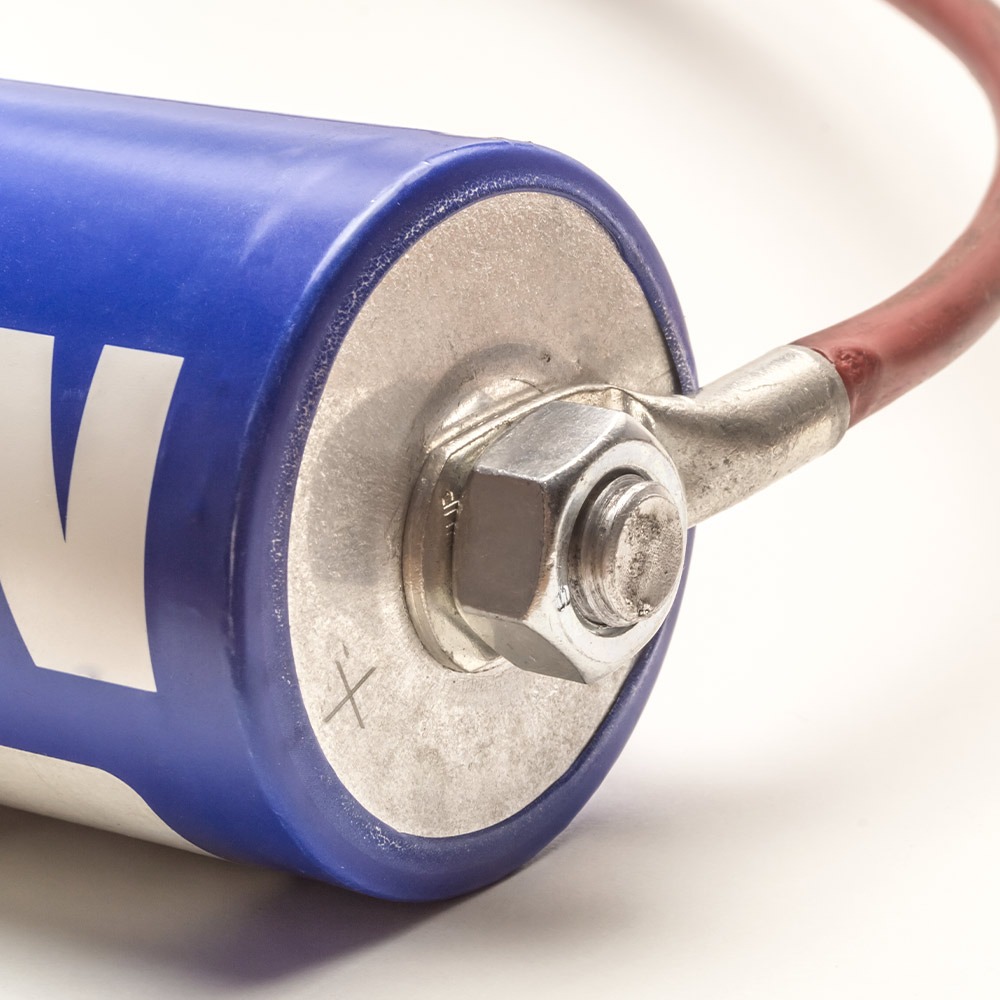11 Jun Power and Propulsion | Hybrid supercapacitors with high energy and power densities for rail industry applications
Power and Propulsion
Hybrid supercapacitors with high energy and power densities for rail industry applications
HEC Group (Steven Wan) / University of Technology Sydney (Guoxiu Wang)

Research summary
This research aimed to develop a hybrid supercapacitor with high energy and power densities and advanced supercapacitor management systems for rail. The implementation of this new supercapacitor technology could effectively provide voltage stabilisation for rail systems, improving the performance of propulsion for light rail vehicles.
Start/end date
19 April 2019 to 31 December 2019
Total contracted budget (including in-kind)
$5,478,018
Key achievements
- The development of lithium titanate composite materials, through trialling several synthesis routes, demonstrated the ability to increase the conductivity of lithium titanate anode materials for supercapacitors.
- Extensive physical and electrochemical analysis of the powders produced enabled optimisation of the lithium titanate chemistry and morphology to produce the best performing electrode materials.
- In supercapacitor configurations with lithium titanate as one electrode and graphite in the other, supercapacitors were produced and tested showing increased energy density at the expense of power density.


